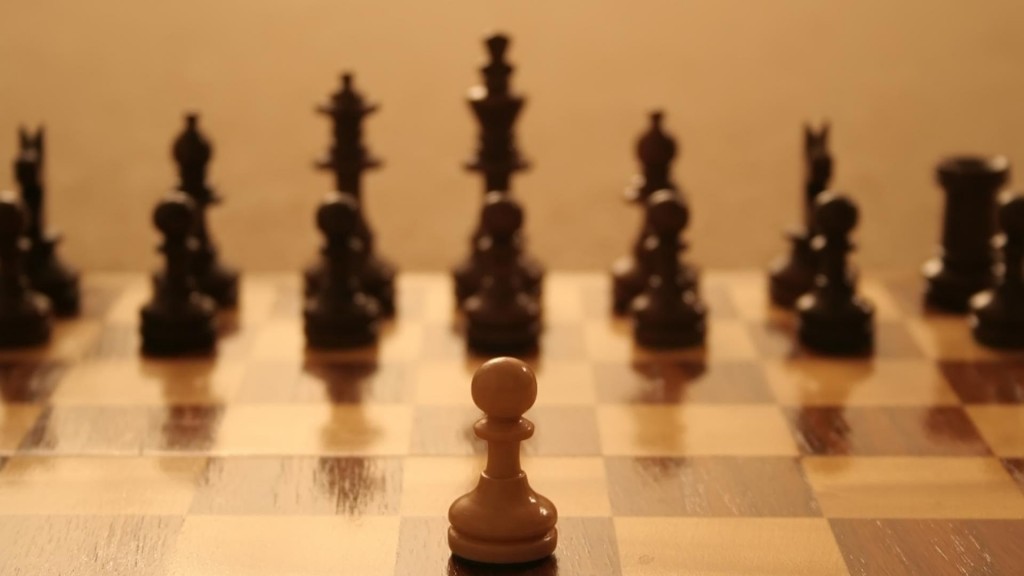
Would you rather be the chess player – the master of choice or JUST a chess piece on the board of life?
When we’re at the centre of our universe – making self promoting choices and designing our reality – then we are the chess player. We have control and we have choice (well almost every time). When we limit ourselves by playing out automatic pre-programmed roles we are only a chess piece, sometimes just the lowly pawn.
We forget that we’re all born chess players and the only limitations are the ones we create for ourselves or allow others to create for us. As children we don’t have much choice over what roles we should play, these roles are dictated by our environment, society and our culture. We start to develop a very specific set of core beliefs about ourselves and the world. These beliefs are the starting point for all automation from this point on.
Believing our beliefs:
Constrained by our self limiting beliefs, which is our conditioning and the inherent rules of the board. Then whether we know it, or not, most of us start to react to life automatically and without choice. Whenever we refuse to take responsibility for ourselves, we are unconsciously choosing to react to the world and play our automatic roles. The outside world moves us around the chess board like helpless victims, this ultimately generates unwanted drama – sometimes manifesting as unwanted feelings, such as anger, fear, guilt or a belief structure of “I’m not good enough” or ” I cant change”. This is when the relationship we have with our family, friends and the outside world often leaves us feeling let down, betrayed, or taken advantage of by others. This helpless oscillation chips away at our self belief, self esteem and self identity until we feel lost.
I now know that every dysfunctional interaction we can encounter, whether it’s in our relationships with others or with our inner-self, takes place on this board.
We like to be stroked and moved around the board:
Love, Praise, Validation, Attention, Recognition, Dominance, Safety, Pity, Acceptance – these are all examples of social stroking. As children we look for connection, it’s part of our survival evolutionary mechanism. We physically want to be stroked and touched, this means love and safety to us. Later as we start to attend school and create social groups, we still crave the same stroking but we settle for verbal stroking; compliments, acceptance, attention and so on. We start to develop social stroking skills, a transactional way of feeling like we are the centre of universe again. Our idea, if I act or behave like this well I will get some emotional payoff. As discussed, this is what drives and motivates us initially to play these roles, it’s what moves us about the board.
Only after attaining a heightened sense of awareness of our motivations, understanding life on this chess board and its pieces can we start to reclaim our independence and choice. Understanding that we are not a piece constrained by the rules of a game, we are much more than that. We are the creator, the chess player, with ultimate choice about how we design our reality.
Understanding the board:
Thus far we’ve been talking about chess, however this concept is based on many contributions, one notably coming from the work of Dr Stephen Karpman, a Transactional Analyst who completed some very valuable research into codependency, victim-hood and drama. There are 3 roles that children will play which over time and based on the perceived success of playing the roles will start to be formed as a part of the belief structure, to be activated automatically in the future. Even though this automation is trying to make our lives easier and that playing these roles can sometimes yield some beneficial results, the truth is that this conditioning becomes toxic, dysfunctional and simply takes our choice away. Our motivation now switches from being a love based motivation and now becomes perpetuated by fear. Fear of losing love, Fear of rejection, Fear of not being good enough. The tables have turned!

Leave a Reply